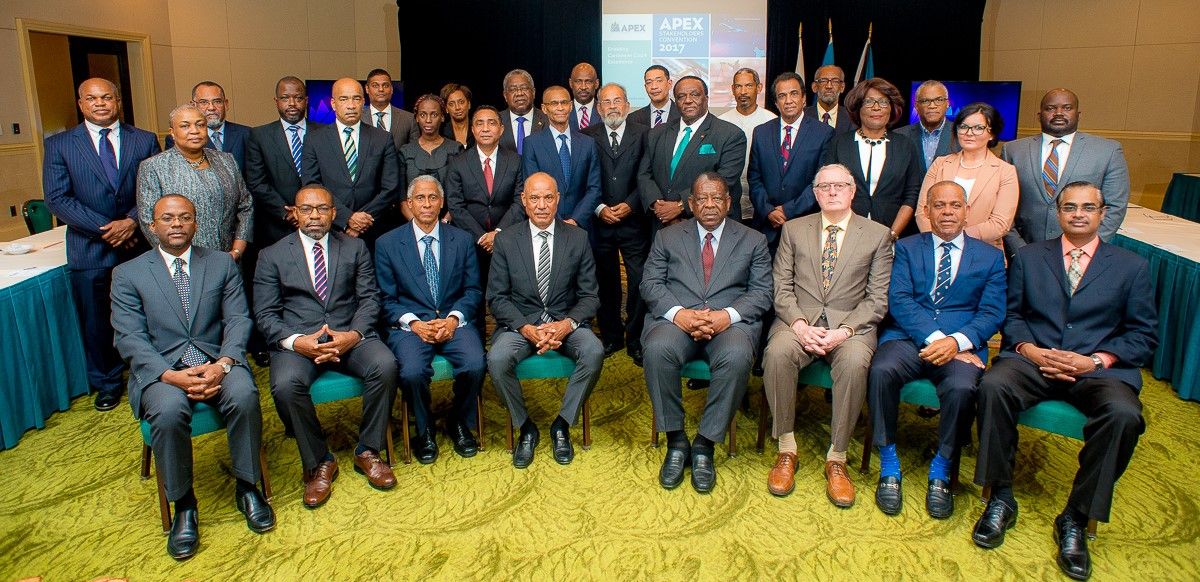Caribbean Courts Embrace Technology
The Caribbean's justice sector is poised to become faster and more reliable following a successful technology-driven convention for legal practitioners held in the Bahamas last November.
APEX, a not-for-profit agency established by the Caribbean Court of Justice, organised the inaugural event which brought together over 85 delegates from 15 Caribbean countries to discuss the role of technology in shaping the future Caribbean jurisprudence.
The Curia Court Management Suite, implemented by APEX, seeks to strengthen the administration of justice through the digitisation of court management and proceedings.
Sir Dennis Byron, President of the CCJ and a former Chief Justice of the Eastern Caribbean Supreme Court, described the event as a milestone for the justice sector in the region.
“At the Caribbean Court of Justice, our mandate goes beyond simply resolving disputes that come before us. We also have a profound obligation to improve the systems of justice delivery throughout the Caribbean, for the greater good of citizens, our beneficiaries, across the entire region,” Byron said.
Byron also pointed out that in every place that APEX’s technology is deployed, the solutions can replace slow, unreliable, manual processes with faster, more accurate, automated systems. He cited examples of inefficient, error-prone and time-consuming manual case management and note-taking of court proceedings, which could greatly benefit from modern technology.
Bevil Wooding, Executive Director of APEX shared, “One of the practical benefits of APEX is that we have been able to draw upon Caribbean technology expertise to develop solutions that are tailor-made for the justice sector in the region.”
“Because APEX is governed by justice sector leaders from across the region, its focus and development strategies are representative of Caribbean priorities and fundamentally different from that of purely commercial technology service providers. A practical example of this is the fact that revenues from APEX technology and services are re-invested directly into Caribbean court infrastructure strengthening and into Caribbean justice sector human-capacity development,” Wooding said.
The audience for the historic gathering comprised chief justices, attorneys general, judicial officers, directors of public prosecution, legal professionals, court administrators and leaders of bar associations.






